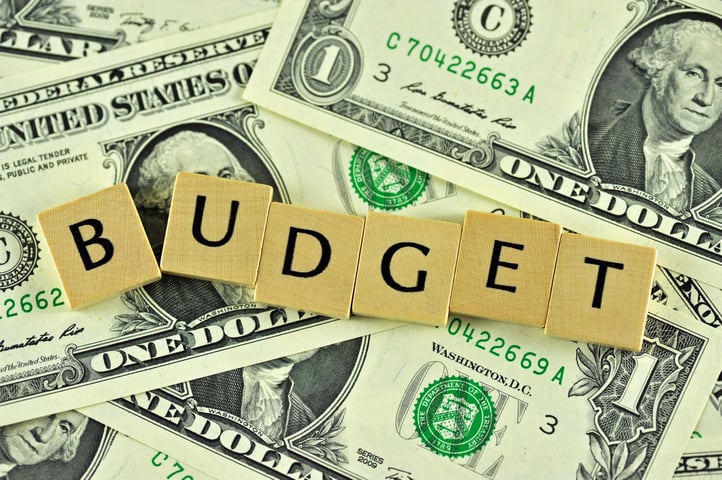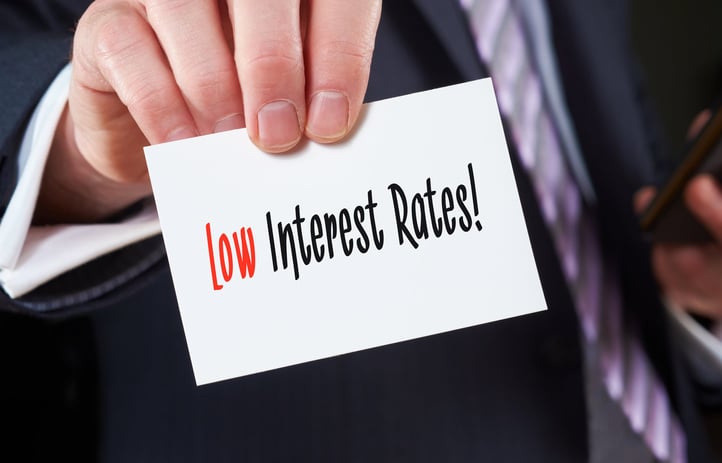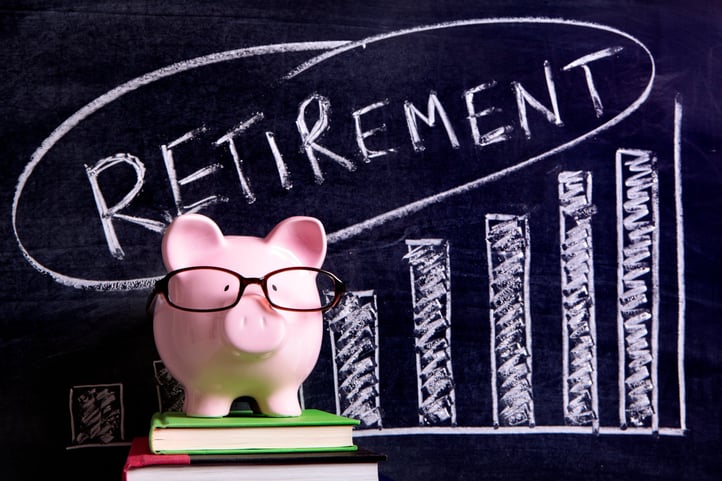A recession or challenging personal financial circumstances can make it difficult to pay your bills. Sometimes, a credit card payment can become a low priority when stretching limited finances between housing costs and putting food on the table. We understand how challenging it can be to balance every demand on whatever income you have available during times like these.
You may be wondering, 'Is it ever a good idea to request payment deferrals?' Skipping a payment should never be an option if you want to protect your credit score—but does a deferral hurt your credit? Whether it's a mortgage payment, student loan, or monthly credit card bill, negotiating payment options with lenders can be tricky on your own.
Avoid the lasting impacts of bad credit! When considering a payment deferral, follow these tips from your Credit Diva to build better credit habits and avoid the need for future credit repair, Dallas!
What Is Payment Deferral?
Working with your lenders on a delayed payment option is an excellent way to manage your finances when dealing with job or income loss. It is a much better way to approach your monthly payments—instead of skipping payments and hoping your creditors will understand that you can't pay the bills right now.
However, missed or late payments can have a negative impact on your credit score. Instead of putting regular payments on hold without contacting your lenders, negotiating a payment deferral plan helps everyone stay on the same page. It also helps minimize any impact on your credit score.
When you and your lenders put a deferral in place, you protect your credit while buying some time to recover lost income. However, when choosing payment deferral, you and your creditors agree on a plan to delay payments—but it's not as simple as getting permission to "skip" payments.
 What Do I Need to Know About a Deferral?
What Do I Need to Know About a Deferral?
Working with professionals in credit repair, Dallas, is an excellent way to navigate the payment deferral process. They can help you understand the terms of deferral and your responsibilities during and after the deferral ends.
When pursuing this option with for car payments, mortgage or rental payments, or with other lenders and creditors:
- You are not absolved of the total owed amount. Again, a deferral doesn't erase any of your regular payments. Delaying payments with a plan from your lender doesn't reduce your total loan amount.
- You might still owe interest on delayed payments. A lender can still let interest accrue despite a pause on your regular payments. Make sure you understand this point with your lender when arranging a deferral.
- You might extend the length of your loan. Pausing monthly payments can add additional time to the end of your loan term. Make sure you confirm the new ending date for the fulfillment of your total loan amount.
- You must meet the requirements. Having bad credit can affect your eligibility for payment deferrals. If you have a poor payment history or low credit score, your lender can deny a deferral plan.
Since lenders aren't supposed to report a deferral to the credit bureaus, a deferral won't hurt (or help) your credit—but make sure you follow through on the payment plan. A missed or late payment during a deferral can hurt your credit score.
 Get Credit Help When Considering a Payment Deferral
Get Credit Help When Considering a Payment Deferral
A payment deferral can be a short-term lifeline during challenging financial times—but make sure you have help from reputable credit repair, Dallas, when considering this option. Payment deferral is not a free 'get out of payments' solution! You must reach out to your lender and arrange a plan that helps you recover financially—without lowering your credit score.
Let Credit Diva of Dallas help! If your lender denies a payment plan for you, our Divas can help you find other ways to maintain a good credit score while you recover lost income. Contact us for your consultation!






